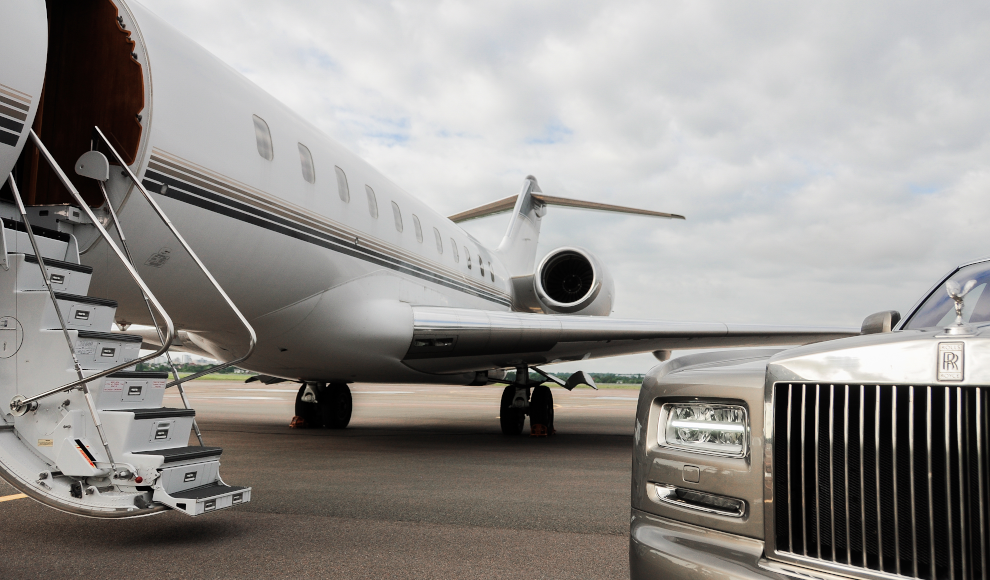A new study has challenged the long-held belief that higher income does not necessarily equate to greater happiness. Researchers from the University of Pennsylvania have found that people with higher incomes are indeed happier. The study, published in the journal PNAS, shows that a person’s happiness level increases almost linearly with their income. The researchers surveyed 33,391 employed individuals in the US, with an average household income of $85,000. The study found that people with an annual income of up to $500,000 are happier with more money. The study also found that people with an income of $75,000 do not experience any further effects caused by a lack of money.
The study’s authors suggest that people with an income of $75,000 can lead a comfortable life without worrying about basic needs such as food, housing, and energy. An income above $75,000 allows for a luxurious lifestyle, such as larger apartments, expensive hobbies, or travel. The 2010 study by Nobel laureate Angus Deaton found that this did not increase a person’s life satisfaction. However, the new study shows that additional luxury does increase happiness. The researchers used the smartphone app “Track Your Happiness” to measure the participants’ happiness levels. The app asked participants how they were feeling at random times during the day, and they responded on a scale from “very bad” to “very good.” The data from the app, combined with the participants’ income, showed that most people’s happiness increases with more money.
The study found that the happiest third of participants earned over $100,000. The effect of additional money was most significant for people with low incomes, as it eliminated existential worries. The study found that most participants’ life satisfaction increased up to an annual income of $500,000. However, the study could not determine whether the correlation between more money and greater life satisfaction exists at even higher incomes, as the sample size was too small. The study also found that about 15% of participants experienced a decrease in well-being once their income exceeded $100,000. The authors suggest that these individuals are not minimalists who are content once their basic needs are met, but rather people with specific problems that cannot be solved by additional money.










